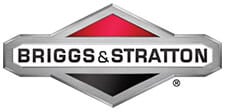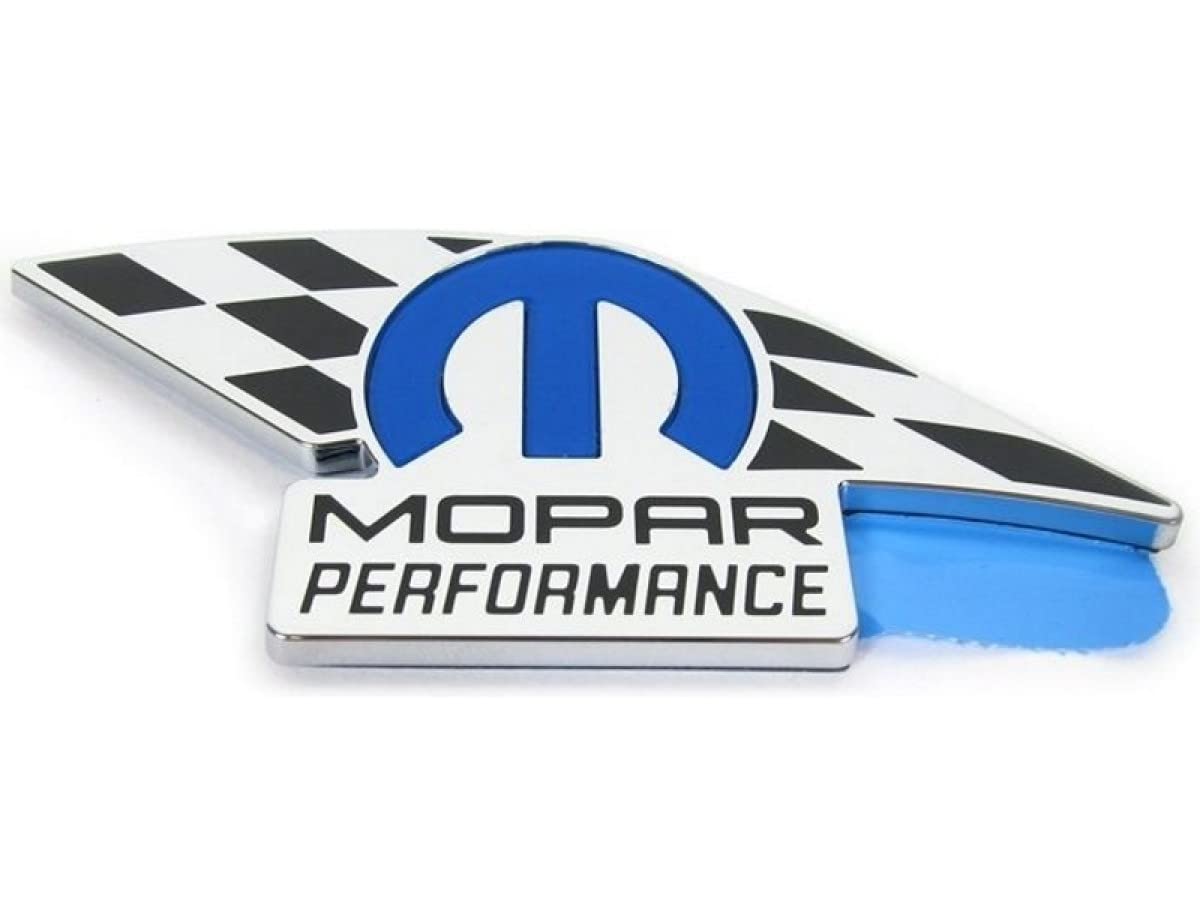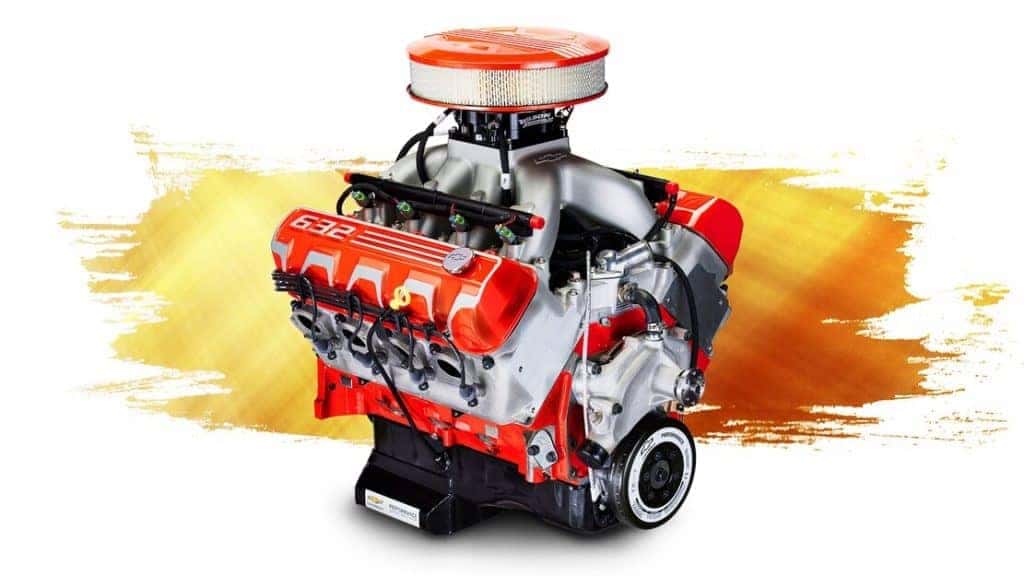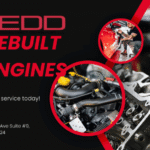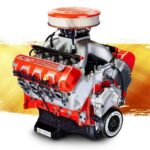Whether you’re restoring a vintage muscle car, building a track-ready machine, or replacing a worn-out engine in your daily driver, a crate engine can be one of the best investments you make for your vehicle. But before you drop a few thousand dollars on a new powerplant, it’s crucial to understand what a crate engine really is, how it differs from other engine options, what types are available, and how to choose the right one.
This comprehensive guide walks you through everything you need to know before buying a crate engine—from types and components to brands, warranties, installation, and maintenance.
🚗 What Is a Crate Engine?
A crate engine is a fully assembled engine shipped in a crate—usually from the manufacturer or a performance engine builder. The idea behind the crate engine is convenience. Instead of piecing together an engine from various parts or rebuilding one from a junkyard, a crate engine comes as a complete, tested package, ready to be installed.
Crate engines are commonly used in:
-
Classic car restorations
-
Performance upgrades
-
Engine swaps and conversions
-
OEM engine replacements
-
Racing and motorsports builds
They can range from bone-stock replacements for your factory engine to high-performance monsters pushing over 1,000 horsepower.
🧩 What’s Included in a Crate Engine?
The components included depend on the type of crate engine you purchase:
🔹 1. Short Block
-
Engine block
-
Crankshaft
-
Pistons and piston rings
-
Connecting rods
-
Main and rod bearings
🔧 Ideal for builders who already have cylinder heads, camshafts, and top-end components.
🔹 2. Long Block
Includes everything in a short block plus:
-
Cylinder heads
-
Camshaft(s)
-
Timing chain or belt
-
Valve train (lifters, pushrods, rockers)
🔧 Great for customers who need a more complete solution but plan to add their own intake, fuel system, or accessories.
🔹 3. Dressed Long Block / Partial Turn-Key
Includes all the long block components plus:
-
Valve covers
-
Oil pan
-
Timing cover
-
Harmonic balancer
-
Water pump (sometimes)
-
Intake manifold (optional)
🔧 Ideal for replacing a blown engine where accessories will be swapped from the old engine.
🔹 4. Turn-Key or Fully Dressed Crate Engine
The most complete option, includes:
-
All the components from the above
-
Carburetor or fuel injection system
-
Distributor or coil packs
-
Spark plugs and wires
-
Sensors and wiring harness
-
ECU (Electronic Control Unit)
-
Flywheel or flexplate
🔧 Ideal for quick installs, engine swaps, and complete upgrades.
🔍 OEM vs. Aftermarket Crate Engines
There are two major categories of crate engines:
✅ OEM Crate Engines
These are factory-replacement engines offered by original equipment manufacturers like GM, Ford, Toyota, Nissan, and Mopar. They’re engineered for reliability and longevity and often come with extensive warranties.
Best for:
-
Daily drivers
-
Factory restorations
-
Emissions compliance
🔥 Aftermarket / Performance Crate Engines
These are built by specialty builders or performance divisions of OEMs (e.g., Chevrolet Performance, Ford Performance, Blueprint Engines, Mopar Performance). They often feature forged internals, performance camshafts, higher compression ratios, and tuned ECUs.
Best for:
-
Racing
-
Track builds
-
Restomods
-
Muscle car upgrades
🏆 Best Crate Engine Brands to Consider
Here’s a look at top crate engine manufacturers you can trust for reliability, performance, and support:
🏁 Chevrolet Performance
-
Famous LS and LT-series crate engines (e.g., LS3, LT4, ZZ6)
-
Plug-and-play for modern builds and classic swaps
-
Excellent balance of power, cost, and support
🐍 Ford Performance
-
Coyote 5.0L, 302, 351 Windsor, and 7.3L Godzilla options
-
Perfect for Mustang, F-series, and custom swaps
-
Tuned ECUs and harnesses available
🔧 Blueprint Engines
-
Custom builds with dyno-tested results
-
Affordable options for small and big block Chevys and Fords
-
Offers up to 30-month warranties
🚗 Mopar Performance
-
Crate HEMIs like 392 and Hellcrate (707HP supercharged 6.2L)
-
Designed for Jeep, Dodge, Chrysler builds
-
Excellent for muscle car restomods
🇯🇵 JDM Crate Engines (Nissan, Toyota, Honda)
-
Iconic performance engines: RB26DETT, 2JZ-GTE, K20A, B18C
-
Loved for drifting, tuning, and import builds
-
Often rebuilt and imported by specialists
🧠 Things to Consider Before Buying
Before you order a crate engine, answer these critical questions:
❓ What’s Your Goal?
-
Daily driving? Go for OEM or mild performance crate engines.
-
Racing or track use? Opt for high-performance engines with forged parts.
-
Swapping into a classic? Check fitment and accessory compatibility.
❓ Will It Fit?
-
Confirm engine mount compatibility, oil pan clearance, transmission alignment, and ECU wiring.
-
Some swaps may require custom fabrication.
❓ Do You Need Emissions Compliance?
-
In some states (e.g., California), only CARB-approved crate engines can be installed legally.
-
Choose EPA- or CARB-certified options if required.
❓ Can You Handle the Install?
-
Turn-key engines simplify installation but cost more.
-
Long blocks or short blocks are cheaper but require assembly and tuning expertise.
🧾 What’s the Average Warranty on Crate Engines?
Warranties vary by brand and type:
| Brand/Builder | Typical Warranty |
|---|---|
| Chevrolet Performance | 24 months / 50,000 miles |
| Ford Performance | 24 months / Unlimited miles |
| Mopar Performance | 36 months / 100,000 miles (select models) |
| Blueprint Engines | Up to 30 months / 50,000 miles |
| JDM Imports | Usually 30–90 days (limited) |
Note: Always read the fine print. Warranties often exclude racing, abuse, and improper installation.
🛠️ How to Install a Crate Engine
Basic steps include:
-
Disconnect battery and remove old engine
-
Inspect engine bay for wear, corrosion, or damage
-
Transfer needed accessories (AC compressor, power steering, alternator, etc.)
-
Mount crate engine to motor mounts
-
Connect fuel, coolant, electrical, and intake systems
-
Install transmission, exhaust, and driveshaft
-
Fill fluids and prime the oil system
-
Perform initial startup and ECU tuning (if needed)
-
Monitor for leaks and test drive
⚠️ Pro tip: Consider professional installation if you’re not confident—especially for EFI wiring or custom swaps.
💡 Common Crate Engine Myths
Myth 1: Crate engines are only for muscle cars.
Wrong. Today’s crate engines are used in everything from drift cars to off-road builds.
Myth 2: Crate engines are plug-and-play.
Partially true. Some are, but many require tuning, parts transfer, or fabrication.
Myth 3: All crate engines are expensive.
Short blocks and budget long blocks start at under $3,000. There are options for every budget.
🔋 Maintenance Tips for Long Life
Once installed, treat your crate engine like a new engine:
-
Use premium engine oil (break-in oil for first 500 miles)
-
Perform early oil changes (first at 500, then at 3,000 miles)
-
Monitor temperature, oil pressure, and idle behavior
-
Keep your tune updated
-
Avoid high-RPM abuse during break-in period
🛍️ Where to Buy a Crate Engine?
Only buy from trusted suppliers or manufacturers. Look for:
-
Verified warranties
-
Technical support
-
Dyno testing results (if performance engine)
-
Clear installation guides
-
Emissions documentation (if needed)
✅ Shop premium crate engines from top brands here.
🏁 Final Thoughts
Crate engines are a smart investment for anyone looking to simplify their engine build or upgrade their ride. Whether you’re after reliability, raw power, or a quick fix, crate engines deliver a combination of quality, performance, and convenience.
From street cruisers to turbo track monsters—there’s a crate engine made for it.



